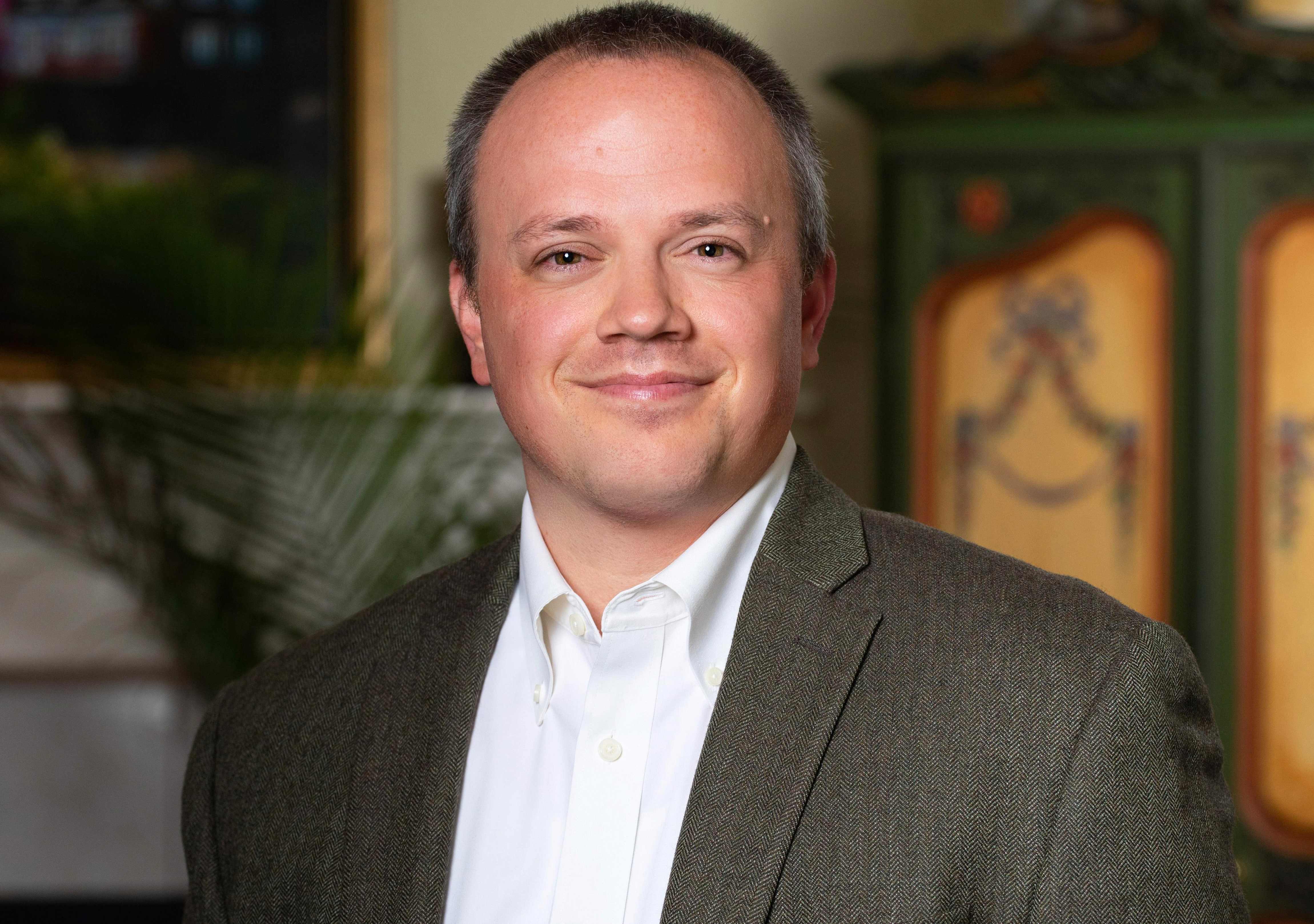
Live WCCBT Webinar March 14 - How to Think Like Socrates: From Socratic Questioning to Stoicism to Modern CBT with Dr. Scott Waltman, IACBT Global Ambassador
- Registration Closed

Thursday, March 14, 2024
12:00 PM- 2:00 PM Eastern/ 11:00 AM – 1:00 PM Central/ 10:00 AM – 12:00 PM Mountain/ 9:00 AM – 11:00 AM Pacific
2 APA CE Credits Awarded
$0 Student ABCT/IACBT Members* / $50 ABCT/IACBT Members* / $75 Non-Members
All prices listed in US currency
*IACBT members and student members: please contact rlamb@abct.org if you need assistance in registering at the correct price.*
Abstract:
Socrates was pronounced by the ancient Oracle as the wisest of his time. His philosophy was all about overcoming our ignorance and living a good life. From his teachings, many lines of philosophy were born. Ancient Stoicism was born out of Socratic wisdom. In the last decade there has been an explosion of interest in Stoicism worldwide. While ‘lowercase s’ stoicism conveys the idea of being unemotional or emotionally suppressed, ‘capital S’ Stoicism is a philosophy and ancient wisdom that dates back over 2000 years. Albert Ellis famously quoted the Roman philosopher Epictetus who said, “Men are not disturbed by things, but by their view of things.” Hundreds of years prior to Epictetus, Chrysippus wrote the first CBT book called On Emotions which detailed how our emotional reactions were influenced by our interpretations of situations (thoughts). There is a wealth of Stoic wisdom that CBT has yet to capitalize on. Notably, the goal of Stoicism is to tolerate discomfort and focus on living a good life that is in line with your values. In this way, Stoicism is actually more compatible with mindfulness- and acceptance-based approaches like modern Acceptance and Commitment Therapy. This webinar will focus on the methods of Socrates (Socratic Questioning) and the lived philosophy that was born from his work (Stoicism). This talk is being offered as a fundraiser for the World Confederation of Cognitive Behavioral Therapies. Dr Scott Waltman will be speaking as a Global Ambassador of that organization. The talk will be geared toward clinicians, Stoics, and mental health consumers.
Presenter Biography:
Scott H Waltman, PsyD, ABPP, is a clinician, international trainer, and practice-based researcher. His interests include evidence-based psychotherapy practice, training, and implementation in systems that provide care to underserved populations. He is president-elect of the Academy of Cognitive & Behavioral Therapies. He is also a board member of the International Association of Cognitive Behavioral Therapies. He is board certified in Behavioral and Cognitive Psychology from the American Board of Professional Psychology. Dr. Waltman, worked as a CBT trainer for one of Dr. Aaron Beck’s CBT implementation teams in the Philadelphia public mental health system. Currently, he works as a clinical psychologist in private practice and a managed care system, where he is a frontline clinician and practice-based researcher.
Learning Objectives:
At the end of this workshop, the learner will be able to:
1. Describe one framework for Socratic Questioning
2. Troubleshoot two common challenges to Socratic Questioning
3. Describe the connection between Socrates, ancient Stoicism, and Modern CBT
4. Use a least two Stoicism strategies in current practice
Recommended Readings:
1. Clark, G. I., & Egan, S. J. (2018). Clarifying the role of the Socratic method in CBT: A survey of expert opinion. International Journal of Cognitive Therapy, 11, 184-199.
2. Kazantzis, N., Fairburn, C. G., Padesky, C. A., Reinecke, M., & Teesson, M. (2014). Unresolved issues regarding the research and practice of cognitive behavior therapy: The case of guided discovery using Socratic questioning. Behaviour Change, 31(1), 1-17.
3. Kazantzis, N., & Stuckey, M. E. (2018). Inception of a discovery: Re-defining the use of Socratic dialogue in cognitive behavioral therapy. International Journal of Cognitive Therapy, 11, 117-123.
4. Vittorio, L. N., Murphy, S. T., Braun, J. D., & Strunk, D. R. (2022). Using Socratic questioning to promote cognitive change and achieve depressive symptom reduction: evidence of cognitive change as a mediator. Behaviour research and therapy, 150, 104035.
****************************************
All attendees will receive a certificate of completion when the course requirements are satisfied. Certificates of completion is included in the cost of the webinar
The Association for Behavioral and Cognitive Therapies incurs significant administrative cost related to your registration before a webinar. Therefore, there are no refunds for live webinars.
The International Association of Cognitive Behavioral Therapy is approved by the American Psychological Association to sponsor continuing education for psychologists. The International Association of Cognitive Behavioral Therapy maintains responsibility for this program and its content.

